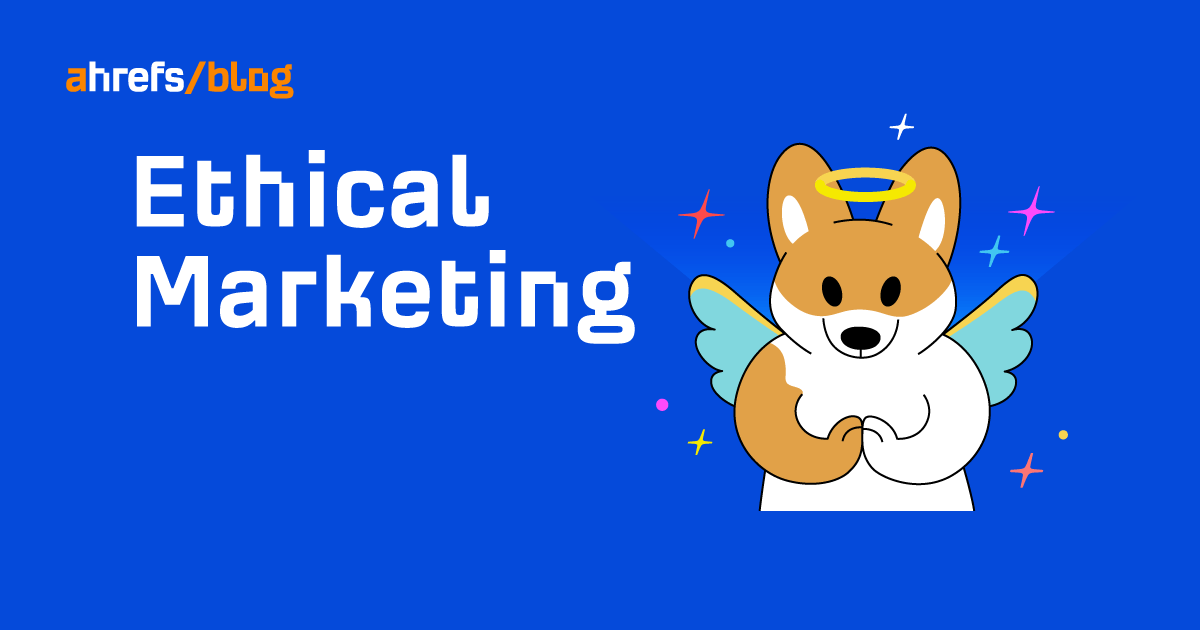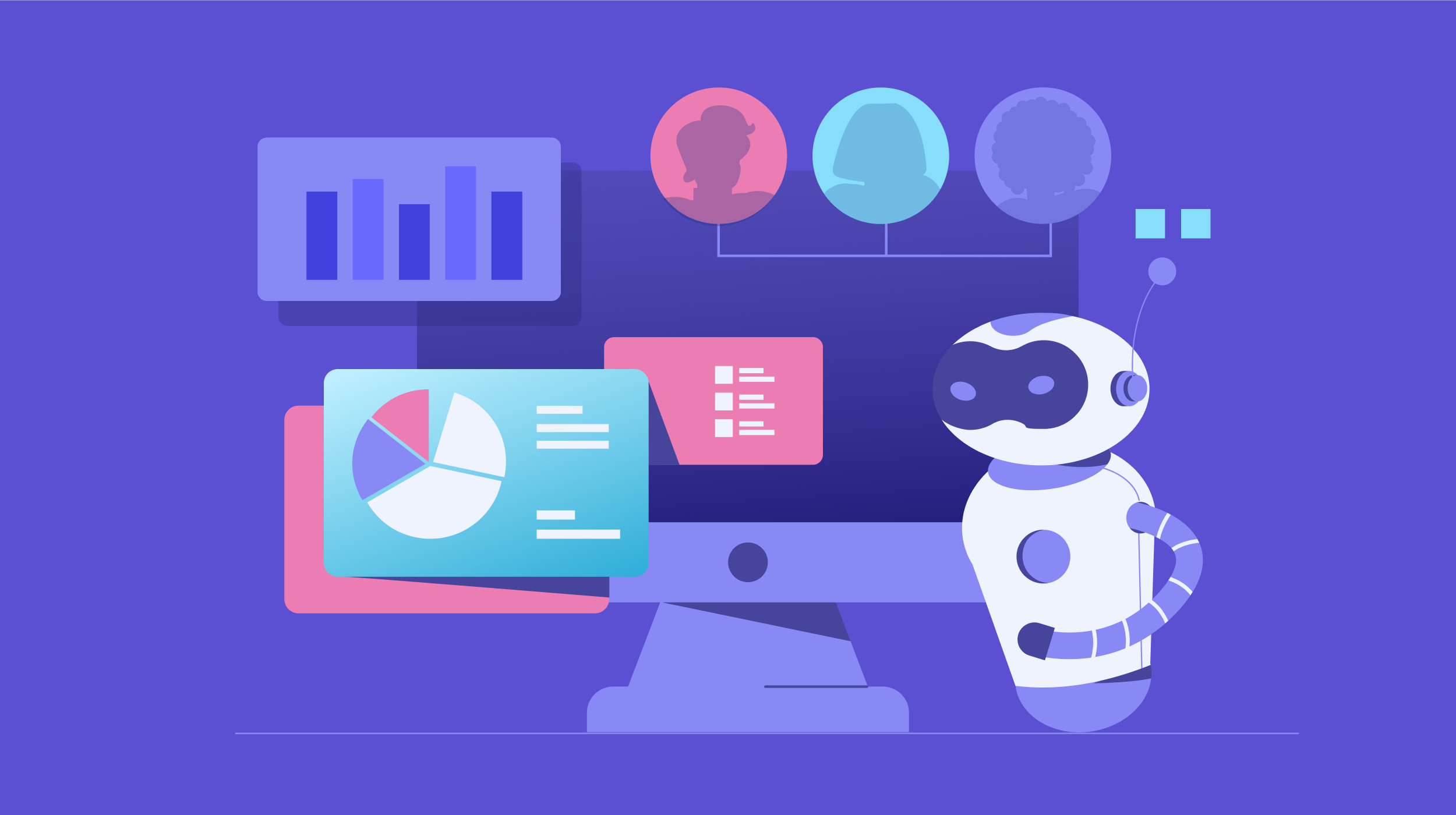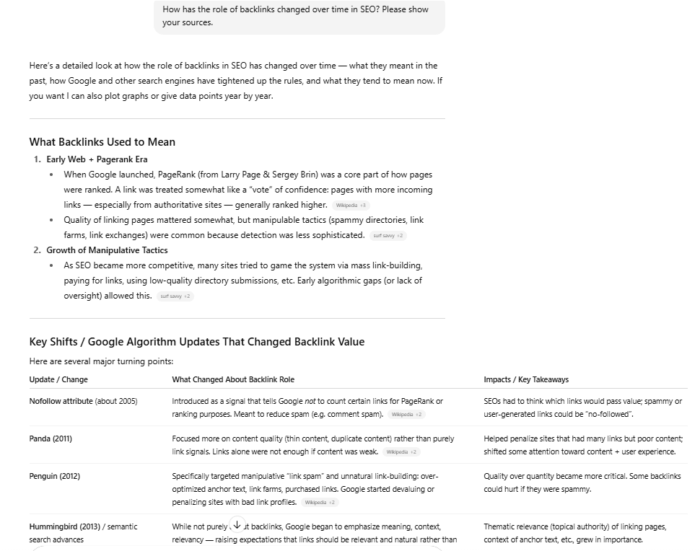How Leveraging Modern Employee Benefits Technology Improves Both Attracting and Retaining Employees
Over the past few years, workplaces have been transformed globally. Fierce competition has necessitated employers reevaluating their conventional recruitment methods and creating unique retention strategies to retain their most valuable employees. Employee benefits packages were once seen as just...

Over the past few years, workplaces have been transformed globally. Fierce competition has necessitated employers reevaluating their conventional recruitment methods and creating unique retention strategies to retain their most valuable employees.
Employee benefits packages were once seen as just another part of the employment contract. However, as times change, organizations increasingly recognize these packages’ crucial role in attracting and retaining top talent.
Consequently, the popularity of utilizing benefits technology has surged, proving an indispensable asset for modern-day employers. It assists them in broadening their benefits offerings and streamlines the processes of onboarding and administration.
Enhancing Recruitment Processes through Benefits Technology
Today, organizations must distinguish themselves from their competitors to attract the best talent. This is where employee benefits technology plays a crucial role – not only does it streamline the recruitment process, but it also enhances employer branding and personalization, creating a significant impact.
Making the Application Process More Streamlined
One of the primary ways employee benefits technology enhances the recruitment process is by making the application process more streamlined and efficient. It allows candidates to easily access and understand the benefits packages offered by the company, making the application process less daunting and more transparent.
With a user-friendly interface, both applicants and employers can effectively execute and monitor the application process, creating a seamless and efficient experience for all parties involved.
Helping With Employer Branding
Employer branding is critical to attracting top talent. A strong employer brand communicates the organization’s values, culture, and benefits, drawing in candidates who align with these aspects. Benefits technology plays a significant role in showcasing an organization’s offerings in an attractive and digestible format. It allows companies to highlight their unique benefits packages, demonstrating their commitment to employee well-being and satisfaction. This can significantly enhance an organization’s image as a desirable workplace, aiding in recruiting high-quality candidates.
Keeping the Recruitment Process Personalized
In the era of personalization, a one-size-fits-all approach to recruitment no longer cuts it. Candidates expect personalized experiences that make them feel valued and understood. Benefits technology enables this level of personalization by providing tools for recruiters to tailor communication and offerings to individual candidates.
For instance, recruiters can use this technology to present customized benefits packages that meet each candidate’s needs and preferences. This level of personal attention can drastically improve a candidate’s perception of the company, increasing the chances of successful recruitment and long-term retention.
Reduces Human Error
Employing HR Technology, benefits management becomes streamlined, reducing human error risks that can cause recruitment delays, payment inaccuracies, and potential legal complications.
Benefits technology eliminates this risk by automating manual processes and streamlining data entry. This ensures accurate calculations, delivering accurate employee information on time and without errors. This prevents costly mistakes, helping to ensure that the organization meets its legal and fiduciary obligations to employees.
Automation empowers human resources professionals to focus on critical aspects of their role. This includes delivering personalized customer service and cultivating relationships with existing and potential employees. By leveraging cutting-edge benefits technology, organizations can streamline administrative tasks, freeing up valuable time to invest in initiatives that directly enhance their workforce.
How Benefits Technology Helps to Retain Top Talent
Retaining top talent is equally, if not more, crucial than attracting new hires. Benefits technology plays a pivotal role in this endeavor by offering tools and resources that attract top-notch candidates and incentivize them to stay with the organization.
Streamlines Benefits Enrollment and Management
One of the primary ways employee benefits technology aids retention is by simplifying the benefits enrollment (both active and passive enrollment) and management process. It provides a centralized, user-friendly platform where employees can effortlessly access, enroll, and manage their benefits packages. This streamlined approach eliminates the usual complexities and confusion associated with benefits management, making it easier for employees to take full advantage of their offerings.
Easily updating and modifying benefit selections allows employees to adapt their package to changing life circumstances, be it marriage, childbirth, or health issues. This flexibility improves the employee experience contributing to higher retention rates.
When employees feel that their benefits are easily accessible and manageable, they’re more likely to develop loyalty toward the company.
Encourages Employees to Use Their Benefits
Another advantage of benefits technology is its ability to motivate employees to utilize their benefits to the fullest extent. With clear communication channels and intuitive interfaces, these tools help demystify the value of benefits and demonstrate how to use them effectively.
Features such as reminders for preventive health screenings, tools for tracking wellness goals, and easy access to healthcare providers can significantly boost benefits utilization. By providing educational resources about various benefits, these platforms can help employees make informed decisions about their health and financial welfare.
The more employees engage with their benefits, the more they appreciate the value their employer offers, leading to increased loyalty and retention.
Helps Ensure Employee Well-being
Employee well-being is a critical aspect of retention. Employees who feel their employer genuinely cares about their health and wellness are likely to stay with the company long-term. Benefits technology supports employee well-being by offering resources for physical, mental, and financial health.
Companies can provide a range of offerings to support employee well-being, such as comprehensive wellness programs, telehealth services, mental health resources, and financial planning tools. Some platforms even offer personalized wellness recommendations based on individual health data, enhancing the user experience.
By prioritizing the well-being of their employees, businesses can create a positive work environment that fosters job satisfaction, engagement, and retention.
Keeps Businesses Competitive
Lastly, benefits technology helps businesses maintain a competitive edge in the race for top talent. By leveraging the latest technological advancements, companies can offer innovative benefits packages that meet their workforce’s evolving needs and expectations. This attracts high-quality candidates and gives existing employees compelling reasons to stay.
In an era where job-hopping has become increasingly common, offering innovative and personalized benefits packages can set a company apart.
In addition, benefits technology allows for continuous improvement and adaptation of benefits offerings based on employee feedback and changing market trends, ensuring that the company remains an attractive workplace.
Establish a Strong Foundation for Acquiring and Retaining a Loyal Workforce
Ultimately, leveraging modern benefits technology is key for businesses looking to attract and retain quality employees. By offering personalized, comprehensive benefits packages prioritizing employee wellness, businesses can ensure their organization remains competitive in the job market and lay a strong foundation for acquiring a loyal workforce.
In the long run, this will help companies build stronger relationships with their employees while increasing job satisfaction and engagement with their staff.

 Tfoso
Tfoso 



























![Maximize Your AI Visibility Before Your Competitors Do [Webinar] via @sejournal, @lorenbaker](https://www.searchenginejournal.com/wp-content/uploads/2025/09/3-1-698.png)




